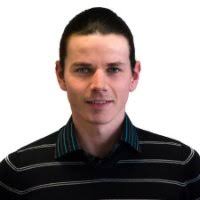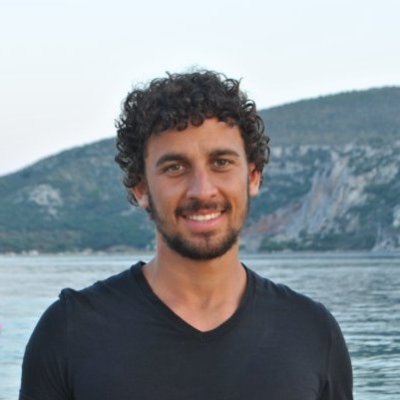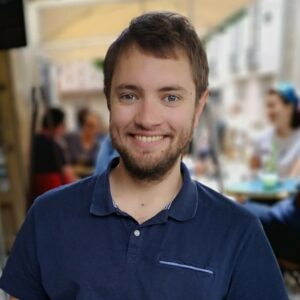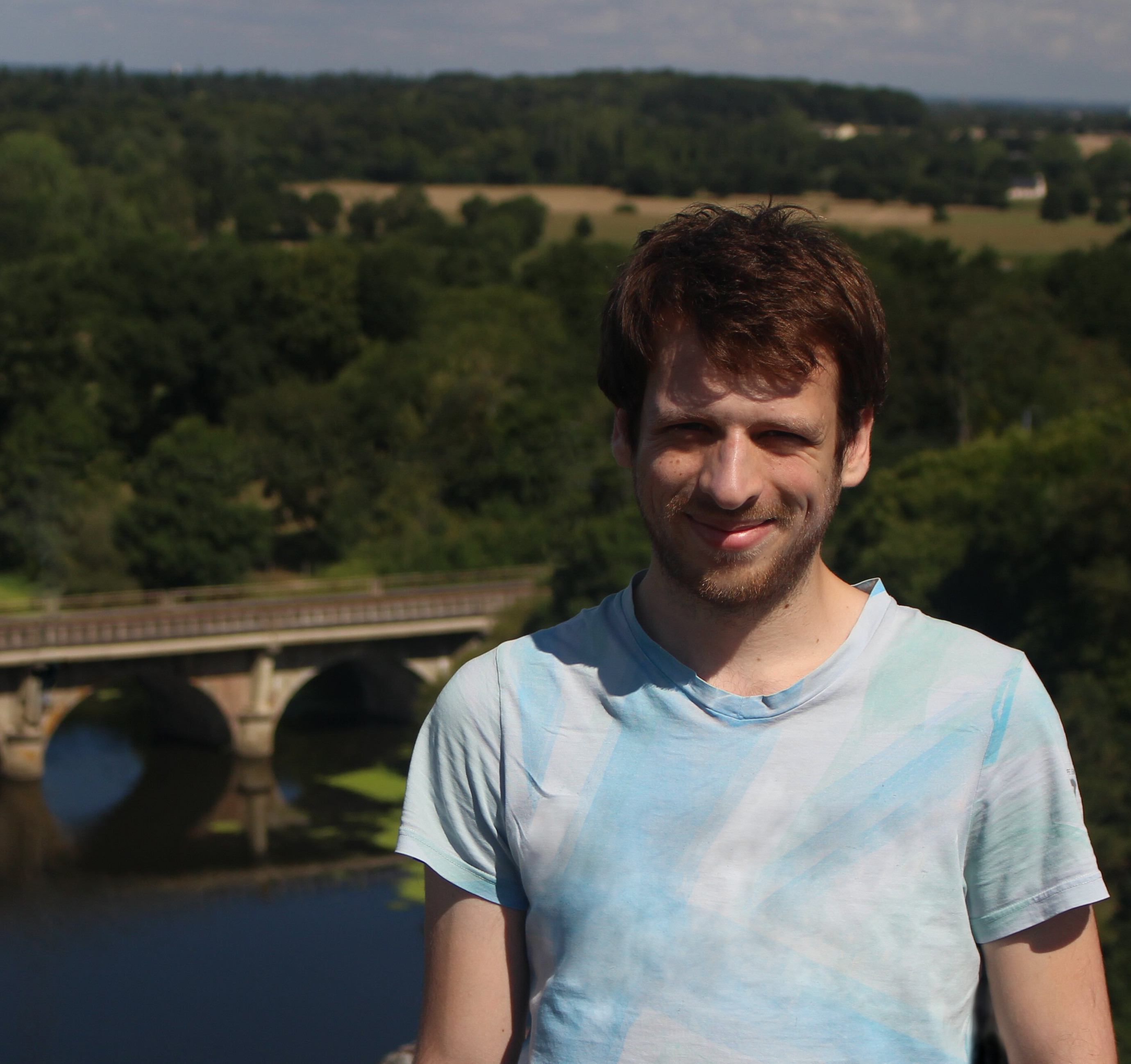body #nav-below{ display: none;}
Marc Pouliquen
R&D Engineer, Inria
Email : marc.pouliquen@inria.fr
Address :
IRISA, INRIA Rennes – Bretagne Atlantique
Campus Universitaire de Beaulieu
35042 Rennes, France
Tel : 02 99 84 25 71
Fax : 02 99 84 71 71
Assistant : 02 99 84 22 52 (Hélène de La Ruée)
Bio
I am currently a R&D engineer in charge of ustk software in the rainbow team in Rennes.
I studied computer science in Institut Supérieur de l’Electronique et du Numérique (ISEN) in Brest, with a specialization in medical imaging. During my studies, I had an intern position at LaTIM where I developped a software based on CamiTK framework to perform dosimetry simulation for prostate brachytherapy. I made my final study project at Therapixel, a start-up developing DICOM viewers.
Personal website












